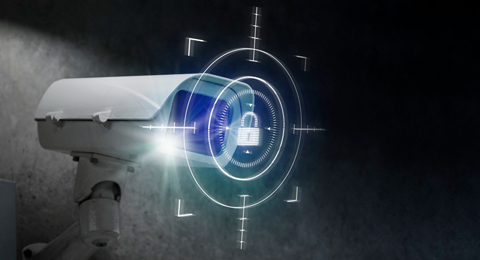
In today’s digital age, the ubiquity of smartphones and recording devices has made it easier than ever to capture moments, events, and encounters. However, the act of videotaping someone raises important legal questions. Is it legal to videotape someone without their consent? What are the boundaries of surveillance laws, and how can you ensure that you stay on the right side of the law? Top Tier Investigation sheds light on this complex issue to help you navigate the legal aspects of recording individuals.
Consent and Privacy:
One of the central factors in determining the legality of videotaping someone is consent. In many jurisdictions, capturing someone’s image or voice without their consent can potentially violate their privacy rights. Laws vary from place to place, so it’s essential to be aware of local and state regulations.
Public vs. Private Settings:
The distinction between public and private settings plays a significant role in whether recording is legal. In public spaces where people have a reduced expectation of privacy, videotaping someone may generally be acceptable. However, even in public places, there are limitations. For instance, it is usually illegal to record someone in a public restroom, where privacy expectations are high.
Single-Party vs. Two-Party Consent:
Recording laws can be broadly categorized into two types: single-party consent and two-party consent (all-party consent). In single-party consent states, only one party involved in the conversation needs to consent to the recording. In two-party consent states, all parties being recorded must give their consent. It’s crucial to know which type of consent your jurisdiction follows.
Exceptions for Security and Law Enforcement:
In certain situations, security personnel, law enforcement, and private investigators may be legally permitted to record individuals without their consent, provided it’s done for legitimate purposes such as safety, security, or criminal investigation. These exceptions often come with strict guidelines.
Ethical Considerations:
While something may be legal, it doesn’t necessarily mean it’s ethical. It’s essential to consider the ethical implications of videotaping someone, particularly in sensitive situations. Respect for individuals’ privacy and their right to be informed about being recorded should always be a priority.
Balancing Rights and Responsibilities:
The legality of videotaping someone hinges on a delicate balance between the right to privacy and the right to record in public spaces. Understanding these boundaries is vital to avoid potential legal consequences.
In conclusion, the legality of videotaping someone is a complex issue influenced by a range of factors, including consent, the setting, and the laws in your jurisdiction. To ensure that you remain within the boundaries of the law, it’s essential to stay informed about local regulations and, when in doubt, seek legal advice.

